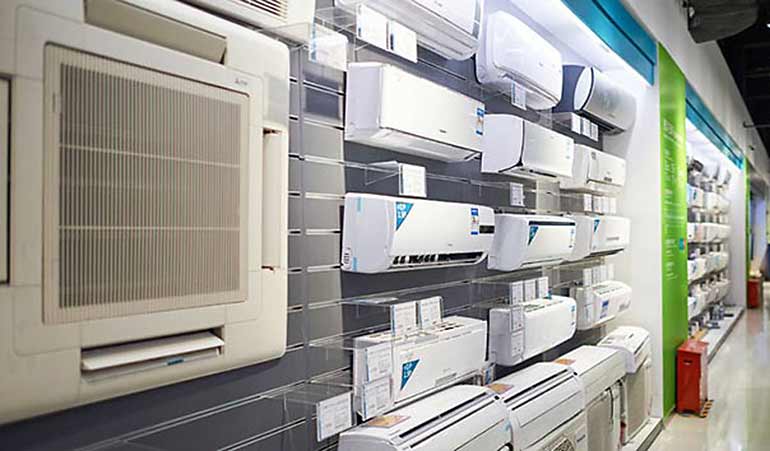Climate change and its effect on ac sales
7th June 2020
ITALY: A new study explores how households respond to climate change by adopting and using air conditioning claims and how this can add 35%-42% to electricity bills.
Previous studies, mainly focused on the US, estimated an increase of household spendings for electricity bills of about 11%. This new study by EnergyA, an EU-funded research project, analyses the socio economic characteristics of households in eight other OECD countries (Australia, Canada, France, Japan, the Netherlands, Spain, Sweden, and Switzerland), finds that AC increases electricity bills by 35% to 42%.
The report – Air conditioning and electricity expenditure: The role of climate in temperate countries – observes that future increases in household electricity bills will depend on the intensity of the change in climate, but will have important implications for the energy poverty of the less well-off. While figures from the Buildings Performance Institute Europe, estimate that 10% to 15% of the population were in fuel poverty in Europe in 2014, this new study shows a more worrying situation.
“The concept of energy poverty is usually related to ensuring adequate heating during the coldest months,” explained Enrica De Cian, professor of Environmental Economics at Ca’ Foscari at the University of Venice and leader of the EnergyA team which drafted the study. “Our data, however, indicate that we should widen the concept to include the increasing role of cooling during the summer months.”
From 1990 to 2016 global annual sales of air conditioners more than tripled to reach 135 million units worldwide, with figures from the residential sector alone underscoring the trend. China leads, with 41 million residential units registered, followed by 16 million in the US, and roughly 9 million in both Japan and Europe.
“Penetration of air conditioning in households is expected to continue to increase sharply, because of climate change and thanks to increasing standards of living, reaching 21% in Spain and 35% in France in 20 years from now,” concludes De Cian.
The study takes into account drivers for AC adoption. Surprisingly, perhaps, households with a larger proportion of younger members is said to bring a wider adoption of AC, while more educated individuals tend to use AC less, suggesting they are more aware of the impact of energy on the environment, the report suggests.
Similarly, households that are more accustomed to adopting energy-saving behaviours are less likely to adopt AC. Those with a high number of appliances tend to have a higher propensity for AC – which may be an indication that those used to higher standards of comfort are also more inclined to adopt AC.
“Living in an urban area increases the probability of having AC by 9 percentage points, a sizeable effect compared to the role of income and climate, probably due to the heat island effect in cities,” added Malcolm Mistry, responsible for the climate data analyses for the EnergyA project and co-author of this study.







